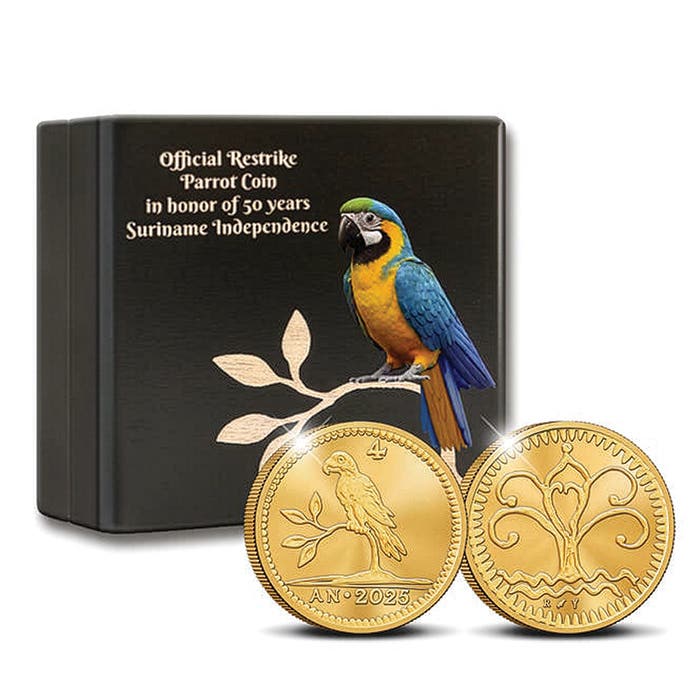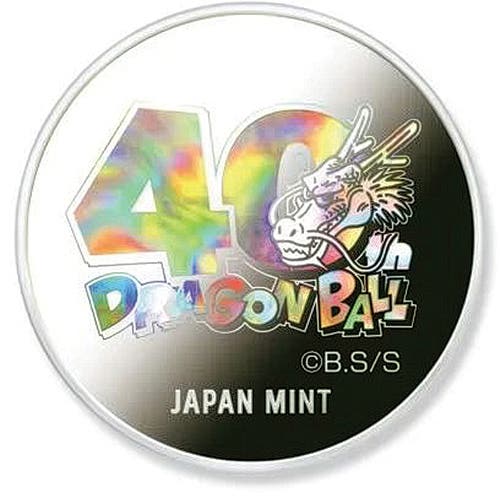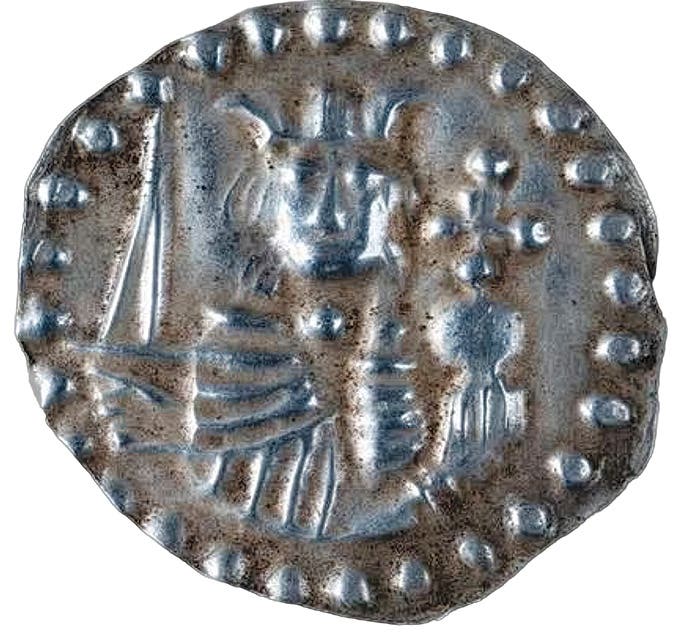Greece flaunts repatriated ancient coins
By Richard Giedroyc Collectors of ancient coins in the United States are likely less exuberant than was Greek Ambassador Christos Panagopoulos when on Aug. 4 he attended a ceremony in…
By Richard Giedroyc
Collectors of ancient coins in the United States are likely less exuberant than was Greek Ambassador Christos Panagopoulos when on Aug. 4 he attended a ceremony in New York at which he announced the return of some ancient coins of questionable origin seized from a prominent U.S. collector.
Panagopoulos and Manhattan District Attorney Cyrus R. Vance Jr. were present as the coins were officially returned following a lengthy court battle over ownership of the coins.
Panagopoulos said, “The coins being returned to us by the New York County district attorney are exquisite ancient artifacts that reflect Greece’s culture, history, and enduring strength,” continuing, “Back home, where they belong, they will be displayed — with the gratitude of the Greek people to the DA [district attorney] — for all to admire, our citizens and visitors to Greece alike.”
Let’s see if people admire what prosecutors later learned were three forgeries.
Brown University Alpert Medical School Orthopedics Professor and former American Numismatic Society board member Arnold-Peter Weiss was publicly arrested in January 2012 at a coin auction held in conjunction with the New York International Numismatic Convention at the Waldorf-Astoria Hotel. He later pled guilty to attempted criminal possession of stolen property involving three 4th century B.C. coins of Greek city-states that were allegedly exported illegally from Italy. Witnesses to the event later stated it appeared the arrest was deliberately done in public to make a statement to everyone in attendance.
Weiss had consigned the coins to the NYINC auction. As part of the plea agreement Weiss forfeited his interest in about 20 additional coins, wrote an article about the problem of the trade in coins of uncertain origin, and did community service.
There is no indication these coins were “stolen.” At least one coin has a long history of collector ownership and was not minted within what is modern Greece.
This is the latest in a series of court cases in the United States that involve the trade in objects other countries claim were illegally exported and should be returned as being part of their cultural patrimony. Greece and Turkey are particularly active in efforts to reclaim such items.
Non-coin objects have been returned recently to Italy by institutions including the Metropolitan Museum of Art in New York and the J. Paul Getty Museum in Los Angeles. The Ancient Coin Collectors Guild has been particularly active in defending the interests of collectors of ancient coins in the United States against potential legislation that could jeopardize what they possess.
While most coin dealers and collectors act responsibly and likely agree items looted from archaeological dig sites and illegally exported should be repatriated, there is growing concern that the demands from foreign governments for the repatriation of what they call their cultural patrimony is getting out of hand.
The July 29 posting of Romania-Insider.com indicated four ancient Dacian gold bracelets and hundreds of coins of Coson (Koson) struck in the name of Lysimachus had recently been “recovered by Roman authorities.” So little was understood about what had been recovered that the coins were described as being from lysimach.
The Aug. 2 issue of All Africa includes an article about two Benin pieces of art brought to England following the Benin Expedition of 1897 that were recently returned by a descendant of the person who brought them to England. The article said the U.S.-based human rights group Edo United For Homeland Empowerment is now demanding the Massachusetts Museum of Fine Arts return additional art work to Benin.
The Islamic State of Iraq and Syria (ISIS) has recently destroyed Mosul’s Mosque of Younis (Jonah’s tomb), the Shia Saad bin aqeel Husseiniya Shrine, and the al-Qubba Husseiniya Mosque, all under the excuse these cultural heritage sites violate their religious beliefs. Since coins on which images appear were forbidden in past Islamic caliphates ,modern coins in the possession of ISIS are likely in danger of being destroyed. So much for ISIS’ appreciation of cultural heritage.
Museums where cultural treasures including coins have been stored or displayed have been looted in Iraq and Egypt in recent years. While some of the coins have been sold to collectors, many others have been melted for their intrinsic value by the impoverished local citizens.
It will be interesting to see if Panagopoulos goes through with his claim the recently seized counterfeit coins will go on display. The Aug. 5 issue of Cultural Property Observer asks, “Will the bankrupt, modern nation state of Greece be a better steward for their care than American collectors?
Coins from the Decadrachm Hoard have yet to be seen in public since their return to Turkey more than two decades ago.
This article was originally printed in World Coin News.
>> Subscribe today or get your >> Digital Subscription
More Coin Collecting Resources:
• Kick-start your coin collection with the Fundamentals of Coin Collecting set of essential resources and tools.
• Strike it rich with this U.S. coins value pack.
• Build an impressive collection with Coin Collecting 101.









